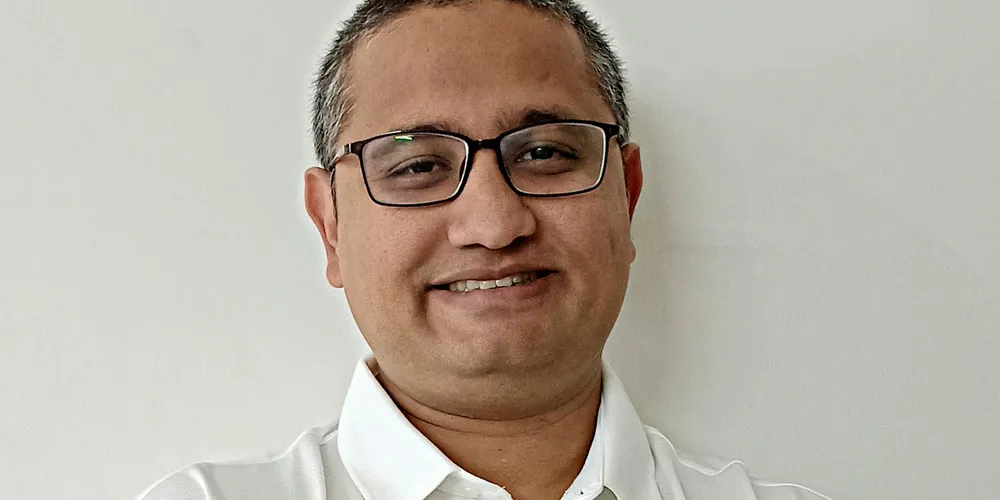Tesco, Metro, Amazon: This ex-investment banker has big plans for India's $14 billion seafood supply chain
There has been no better time to revolutionize how India sources seafood, entrepreneur and CEO of Captain Fresh tells IntraFish.

There has been no better time to revolutionize how India sources seafood, entrepreneur and CEO of Captain Fresh tells IntraFish.
